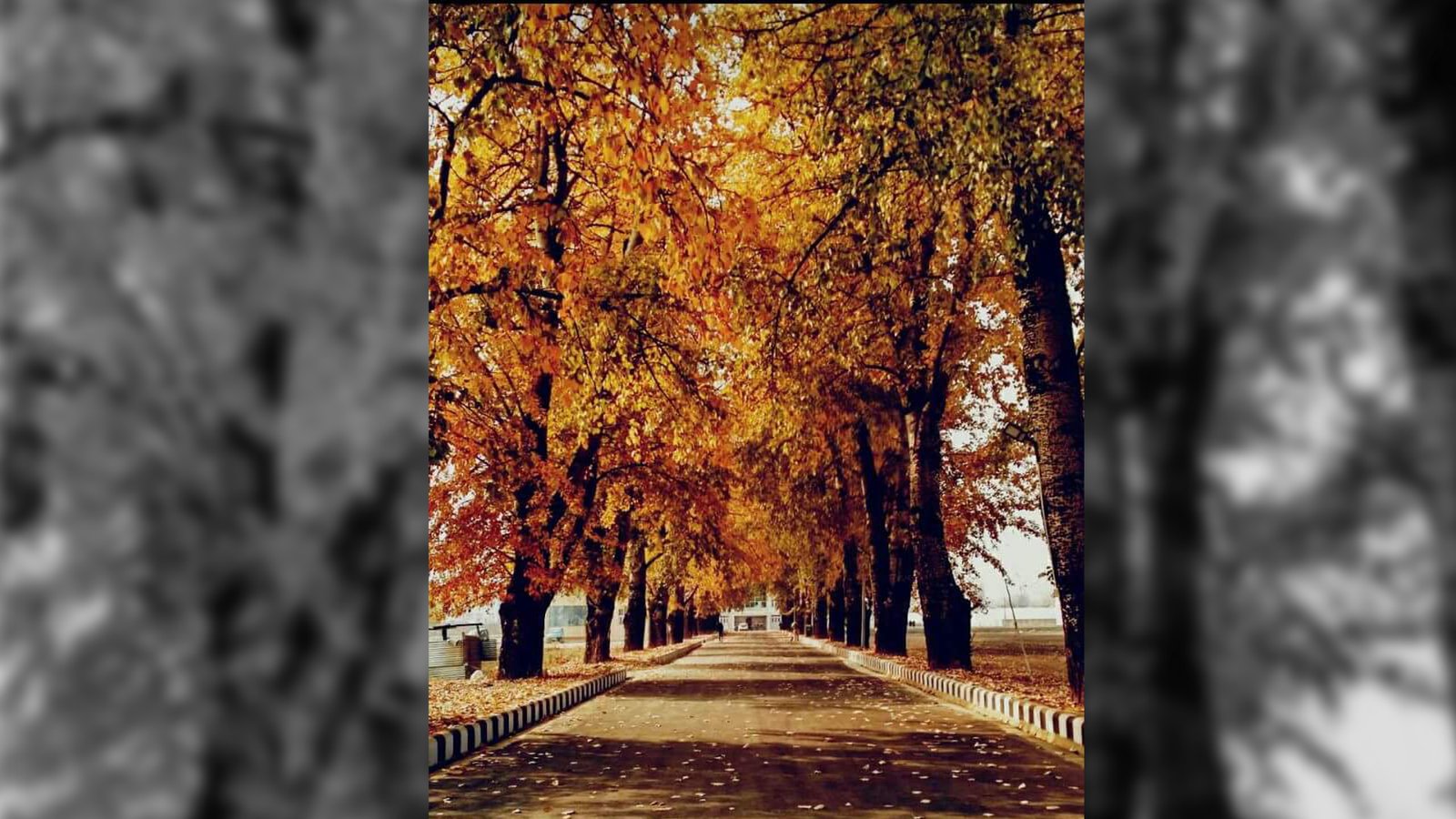SRINAGAR: While the arrival of spring is celebrated across the globe, it is a cause of worry for many in the land this is famously described as heaven on earth.
As the world is battling COVID-19 for the past two years, the people of Kashmir are battling pollen allergy – which became worse this year. Such was the situation that the falling of cotton flakes, which resembles snowfall in dense areas of poplar trees, that people are forced to wear masks while venturing out.
Poplar trees release pollen that accumulates in the form of cotton balls causing multiple allergies like running nose, chest infections, eye allergies and skin rashes. Health department officials said here that because of pollen, there is a rise in respiratory diseases particularly among children.
“The cotton-like substance is an irritant that causes allergies. The irritation caused by the pollen results in running nose, red and water in eyes among the people, particularly in children,” a senior pediatrician at premier SMHS hospital told The New Indian.
The patients suffering from allergies, he said are advised precautionary measures like wearing masks. Medicines include anti-allergic tablets, and in case the infection is high then antibiotics, are prescribed.
Surprisingly, these trees are found in hospitals, schools, colleges and other government offices. Hospitals across south Kashmir are recording a sudden and sharp spike in the number of patients with respiratory diseases, officials said here.
“Compared to other months the admissions with regards to allergies and infections are on the higher side,” doctors at SMHS Hospital said.
Populus Deltoids (or necklace poplars), a native of North America, was introduced in Kashmir in 1982 under the World Bank-funded “social forestry” project. After a decade or so, it was noticed that its female trees produce cotton or dandruff-like pollen which when inhaled triggers severe allergies. This variety of poplar has been a total environmental disaster in Kashmir but nobody bothered to figure out a solution.
Incidentally, this variety grows quickly and the timber from the trees is widely used in the pencil-making industry.
The pollen/seeds with cotton fluffs released by the imported varieties of poplar trees in the Kashmir Valley remain in the air for 25-30 days and create havoc so far as respiratory diseases are concerned.
Though scores of poplar trees across the Valley have been cut down since 2015, when it first caught the attention of courts, experts identified Populus Deltoides, a female variety of the exotic poplar, which produces pollen with a lot of cotton fluff and is responsible for the allergy.
In Kashmir, health experts describe pollen-induced allergy as a seasonal health hazard. They warn the condition may get exacerbated in asthma patients, advising people prone to pollen allergies to wear masks and avoid direct contact with pollen or dust.
The Kashmir administration, in a memo dated 2 April 2020, has ordered the ‘lopping and felling’ of 42,000 female poplar trees planted by the government’s social forestry department. It has also directed district-level administrators to ensure that farmers and private landowners cut the trees, popular for their low-cost timber, within a week.
The department, which has already felled 26,000 such trees in the past, wants to finish chopping off branches or cutting down whole trees before the flowering season in April and May. It is in this season that the trees start releasing their fluffy seeds enveloped in a cotton-like blanket, confused as pollen.
In 2014, responding to a public interest litigation from a Srinagar resident, the Jammu and Kashmir High Court directed the state government to ban female poplar trees in the state capital. In subsequent years, the High Court asked the government to identify and fell female poplar trees across Kashmir given the ‘health risks’ they pose. Consequently, hundreds of thousands of female poplar trees were cut down, mostly during 2016 and 2017.










